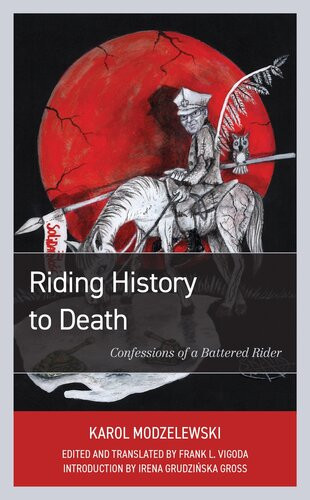

Most ebook files are in PDF format, so you can easily read them using various software such as Foxit Reader or directly on the Google Chrome browser.
Some ebook files are released by publishers in other formats such as .awz, .mobi, .epub, .fb2, etc. You may need to install specific software to read these formats on mobile/PC, such as Calibre.
Please read the tutorial at this link: https://ebookbell.com/faq
We offer FREE conversion to the popular formats you request; however, this may take some time. Therefore, right after payment, please email us, and we will try to provide the service as quickly as possible.
For some exceptional file formats or broken links (if any), please refrain from opening any disputes. Instead, email us first, and we will try to assist within a maximum of 6 hours.
EbookBell Team

4.4
42 reviewsThis powerful memoir traces the life of Karol Modzelewski,one of the preeminent Polish dissidents of the twentieth century.With humor and perception, Modzelewski describes his formative years. Born in 1937 to a Polish-born mother and Russian-Jewish father in Moscow, he spent his early schooling and underwent deep indoctrination in the Soviet Union. In 1945 he moved with his mother and stepfather, a prominent communist, to Poland when his stepfather was appointed as foreign minister in Warsaw. In the relatively “liberal” Polish atmosphere, Modzelewski gradually awoke to the realities of the party system during his university years. Modzelewski discusses the experiences and realizations that led him in 1964 to coauthorwith Jacek Kurońthe famous “Open Letter to the Party,” for which he and Kuroń were imprisoned. With keen critical insight, Modzelewski describes his role as one of the leading intellectuals of the Solidarity movement. Much more than mere autobiography, this nuanced book is a profound and highly critical analysis of Polish politics over the last fifty years. Characteristically, Modzelewski refuses to portray events in black and white terms, providing a frank assessment of the country’s evolution from communism to democracy, the genesis of Polish dissidence and its success in dismantling communism, and the causes of the current crisis of democracy in Poland.